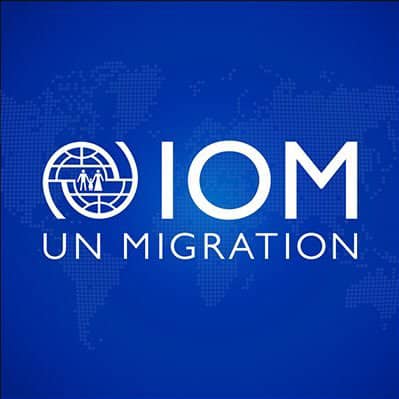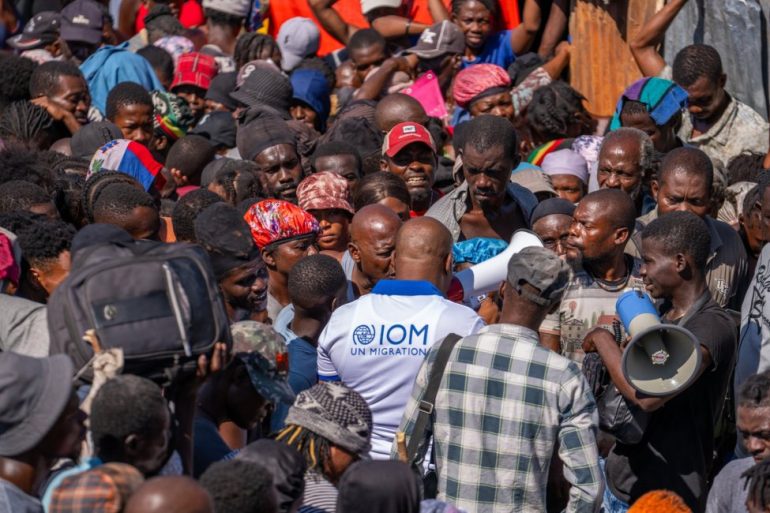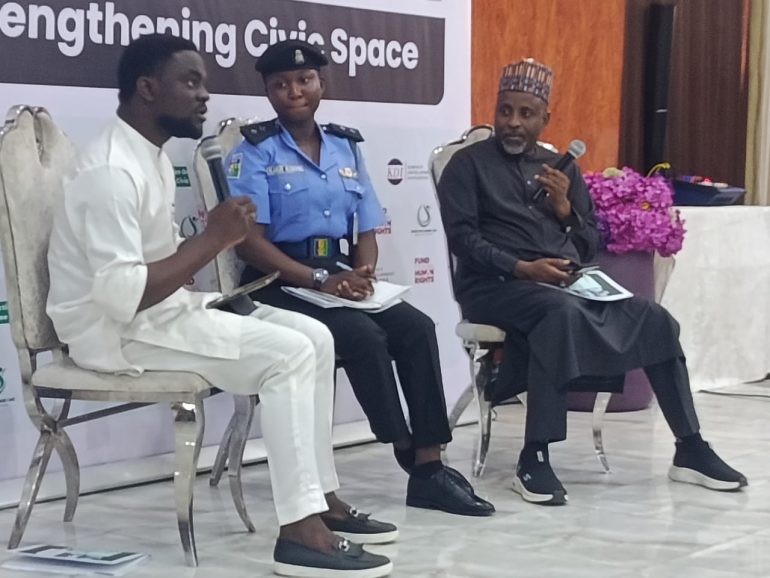Listeners:
Top listeners:
-
play_arrow
104.9FM Best rock music demo
-
play_arrow
Demo Radio Nr.1 For New Music And All The Hits!
-
play_arrow
Demo Radio Techno Top Music Radio
-
 play_arrow
play_arrow
Police Commissioner Launches Weapon and Riot Control Training for FCT Officers Democracy Radio
UN Urges Humanitarian Shift in Nigeria Amid Global Solidarity Drive– World Humanitarian Day 2025

By: Sofiat Adenekan
The United Nations has called for a fundamental reset of Nigeria’s humanitarian response, urging a shift from emergency relief to long-term, community-driven solutiona.
It stated in Abuja on Monday as the country joined the global community in commemorating World Humanitarian Day 2025 with the themed “Strengthening Global Solidarity and Empowering Local Communities,”.
Ugochi Daniels, Deputy Director-General of Operations at the International Organization for Migration (IOM), said the traditional humanitarian model is “no longer fit for purpose.”
“Humanitarian needs in Nigeria and globally have outpaced the systems we have in place,” Daniels declared. “We must shift from reactive aid to proactive empowerment.”
She outlined three core areas of reform:
Local Leadership: positioning crisis-affected communities as decision-makers.
Proactive Systems: strengthening early warning mechanisms and anticipatory action.
Durable Solutions: ensuring long-term recovery through peace, education, healthcare, and housing.
Daniels stressed that displaced persons are asking for sustainable futures, not just temporary relief. “No one ever asks me for more tents or water. They ask for peace, education, healthcare, housing. That is what durable solutions mean.”
Nigeria’s Minister of State for Humanitarian Affairs and Poverty Reduction, Dr. Tanko Sununu Yusuf, echoed this call for change while paying tribute to aid workers risking their lives in conflict and disaster zones.
“Their sacrifices remind us of the profound commitment at the core of humanitarian work,” Dr. Sununu said. “We must advocate relentlessly for their protection and for the civilians they serve.”

He acknowledged persistent threats to aid workers in the Northeast, Northwest, and North Central regions, announcing that the Federal Government had approved emergency funds for food and nutrition support following the World Food Programme’s suspension of key activities.
Dr. Sununu urged lawmakers to strengthen oversight and transparency in humanitarian funding, warning that without addressing root causes, “our efforts are like fetching water with a basket.”
The event brought together senior government officials, United Nations representatives, frontline responders, and civil society groups, united in a single message: Nigeria’s humanitarian system must evolve.
Key priorities highlighted included:
*Protection of aid workers* in volatile regions.
*Community-led recovery*, with affected populations driving solutions.
*Stronger global solidarity* that translates into local investment and resilience.
Closing her address, Daniels reminded participants that the commemoration was not just about remembrance but about reform.
“The commemorations today are not just about remembering those we’ve lost,” she said. “They’re about protecting the living and transforming how we serve those in need. Humanitarian emergencies should be the exception, not the norm.”
Currently, Nigeria is grappling with overlapping crises of conflict, climate shocks, and economic hardship, stands at a crossroads.
Both government leaders and the United Nations agree: the humanitarian response must move beyond relief—and toward resilience.
Written by: Toyeebaht Aremu
#Humanitarian #IOM #United Nations #World Humanitarian Day
Copyright Democracy Radio -2024


